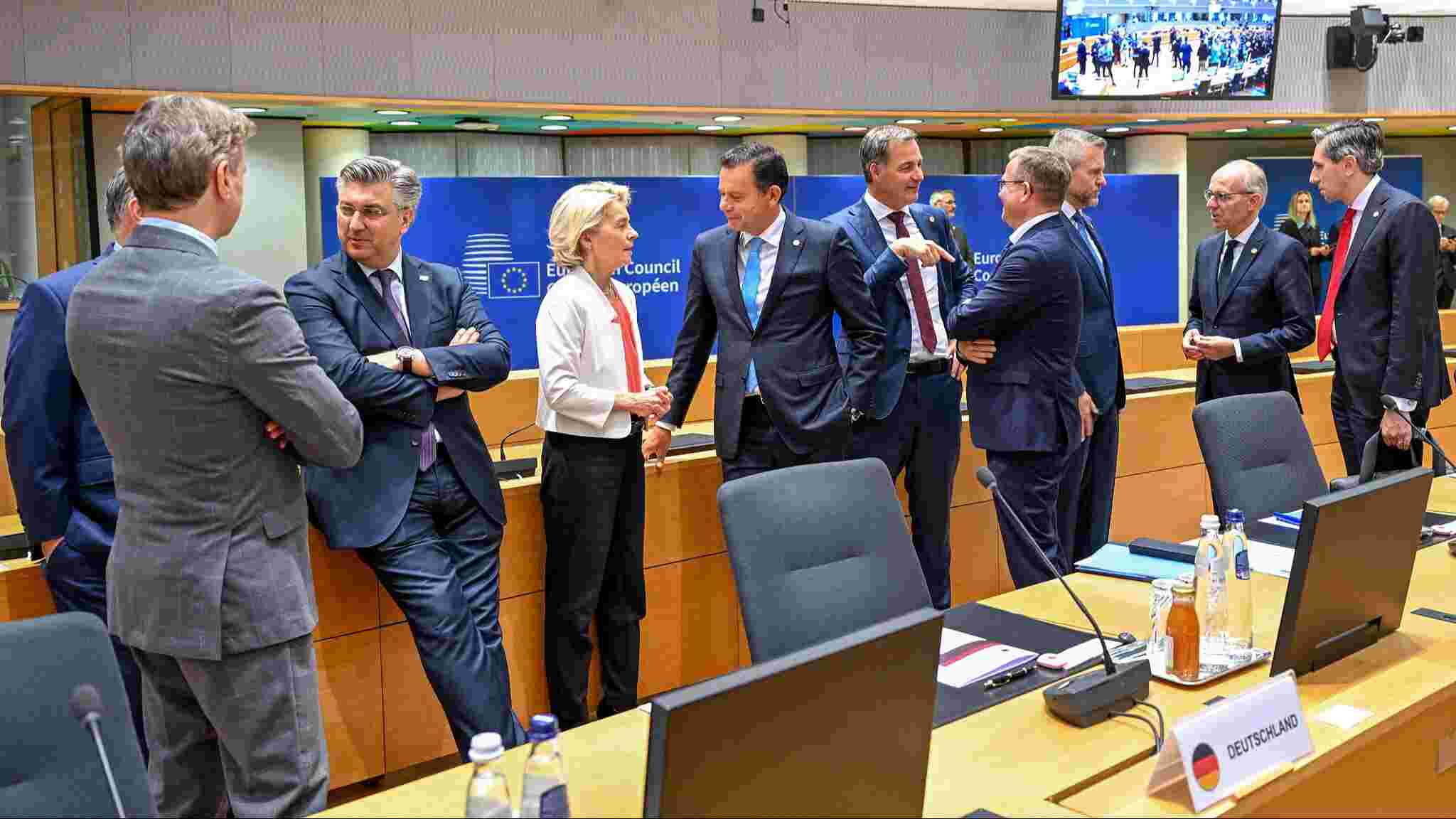EU Summit Concludes Without Consensus on Key Leadership Positions
The latest European Union summit concluded without...
The latest European Union summit concluded without any definitive agreements on the appointment of key leadership roles, leaving several top positions within the organization unfilled. This lack of consensus has sparked discussions about the underlying political dynamics and the future direction of the EU.
During the summit, EU member states engaged in extensive negotiations, aiming to fill important vacancies. However, disagreements on candidate suitability and national interests prevented a unified decision. The inability to reach a consensus reflects the diverse political and economic priorities among the member countries, which can complicate collaborative governance.
The positions in question are crucial for shaping EU policies and strategies, particularly in areas such as economic development, security, and international relations. The impasse may affect the EU's ability to effectively manage internal and external challenges, highlighting the need for a more cohesive approach in future discussions.
The conclusion of the summit without appointments has prompted calls for a reevaluation of the decision-making processes within the EU. Leaders are urged to consider new strategies to enhance unity and cooperation to prevent similar stalemates in the future.
This development has significant implications for the EU's operational dynamics and its interactions on the global stage. Stakeholders are closely watching how the European Union will navigate these internal complexities and what measures will be implemented to ensure more decisive outcomes at subsequent summits.




